Front-line porridge, steaming tea from a field kitchen, children's voices – in the courtyard of the Pridnestrovian Research Institute of Agriculture. They honored here, at the granite slabs of the memorial, those who went to the front in the 40s of the 20th century and did not return home.
20 employees of the former Moldavian vegetable and potato experimental station were called up for war. Some in the first days, others – after the liberation of Tiraspol in 1944. Their initials were carved on the memorial plaque many years ago. There were no faces, destinies, or stories behind them. They have acquired names only now.
Deputy of the Supreme Council of the Pridnestrovian Moldavian Republic for constituency No. 29 Igor Buga, representatives of ministries, employees of the institute, kindergarten students, schoolchildren, and residents of the microdistrict came to honor the memory.
Children and adults recited poems, sang war songs, danced "Blue Scarf", "Cranes" with the sincerity that cannot be faked. These simple military melodies seemed to take us back to those distant days when victory was still ahead, but people already believed in it.
The parliamentarian reported that this year the memorial at the Research Institute in Tiraspol has been officially included in the register of historical heritage sites. This means that the memorial will be preserved and restored.
The most important participant was absent from the traditional festive event this year. Igor Rostislavovich Ilyin, a participant in the Great Patriotic War, a candidate of agricultural sciences, and an honorary member of the Dokuchaev Society of Soil Scientists of Russia, passed away at the age of 100 before the 80th anniversary of the Victory. Igor Ilyin served as a mechanic in the Normandy-Neman aviation regiment, and after that he wrote about the war, was an editor of scientific publications at a research institute, and was a member of the Writers' Union and the Journalists' Union of Pridnestrovie. There are fewer and fewer such people. We will no longer know what happened in those days first-hand, but we can preserve this knowledge, this feeling, this gratitude. Pass it on to those who come after. This is part of a great common destiny that began in June 1941 and continues to this day – in the voices of children, in the hands of those who lay flowers, in the memory carved in stone.
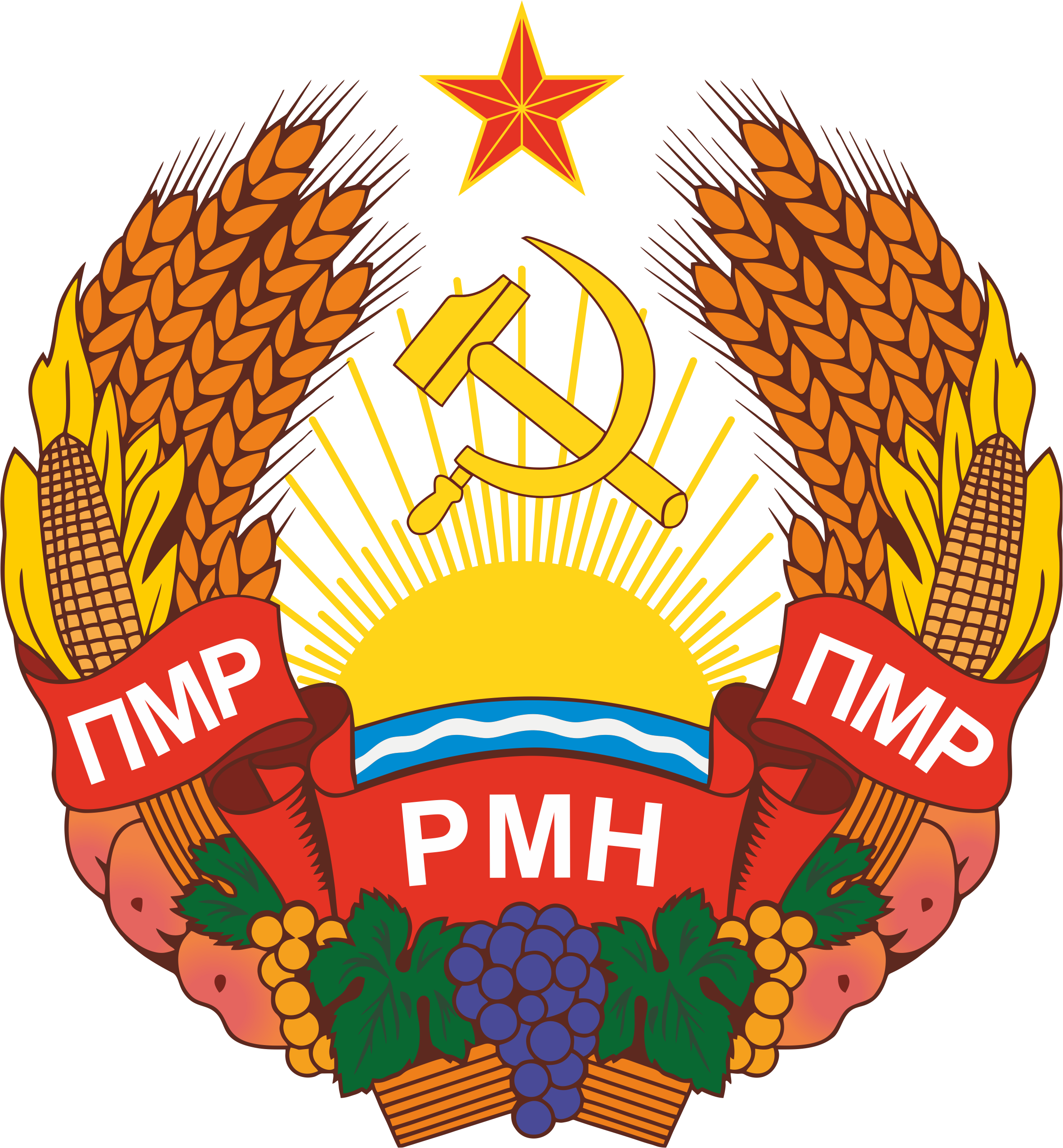

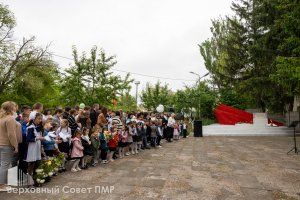
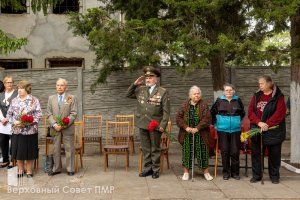
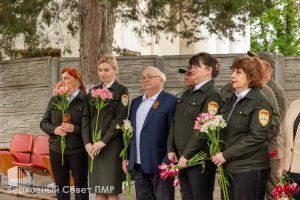
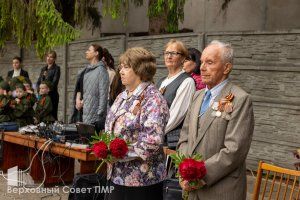
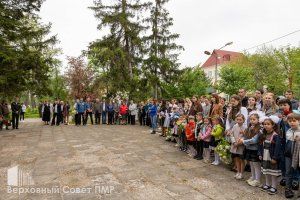
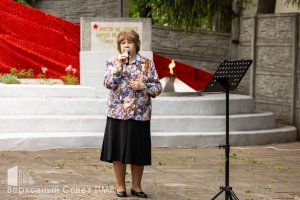
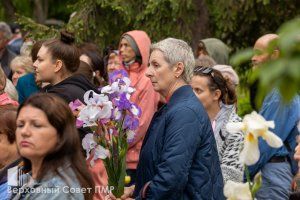
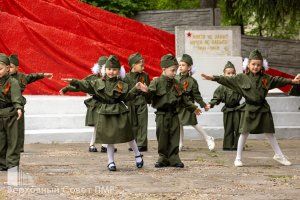
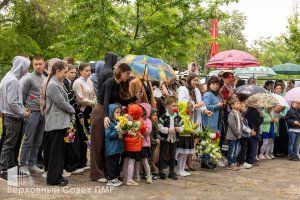
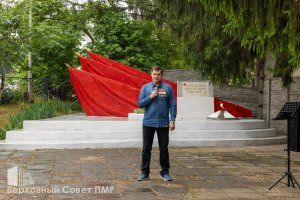
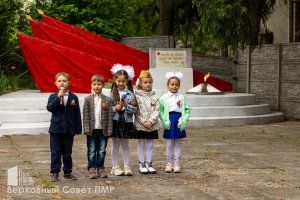
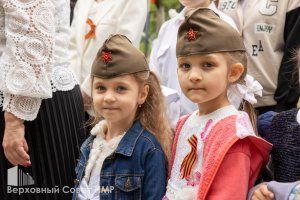
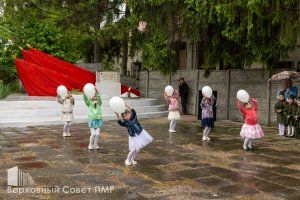
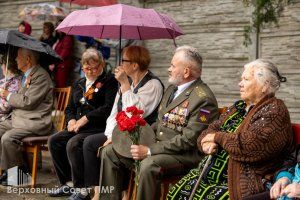
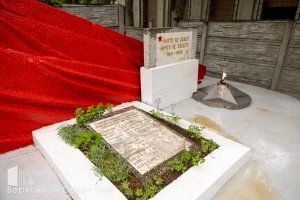
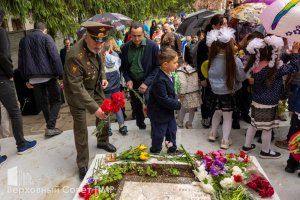
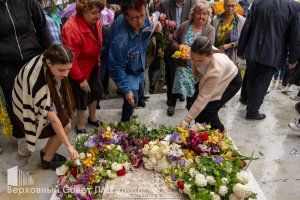
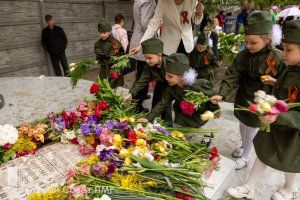
 Законы ПМР
Законы ПМР Постановления
Постановления Законопроекты
Законопроекты Анонс мероприятий
Анонс мероприятий 0 (533) 6-24-24
0 (533) 6-24-24